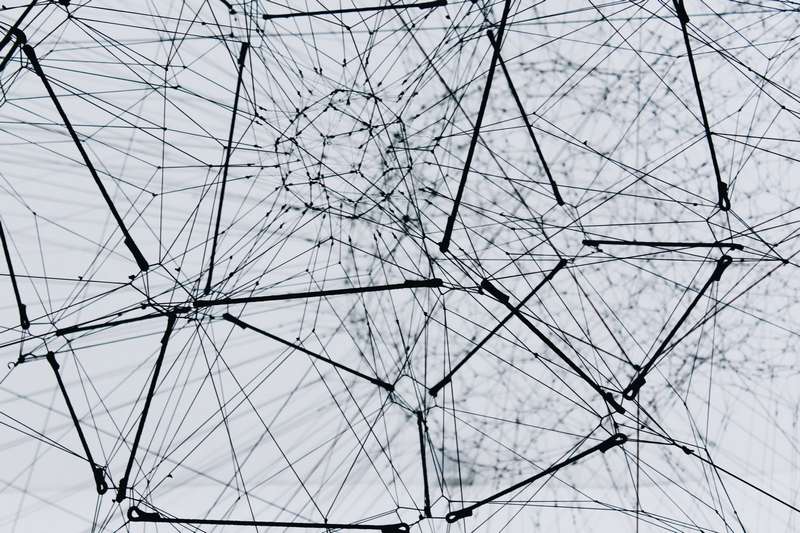Artificial intelligence is defined as human intelligence simulated in machines programmed to behave or think like humans. It can be applied in farming, security, surveillance, manufacturing, retail, healthcare, and more. Many well-known companies have already started using AI, such as Amazon, Baidu, Facebook, and Microsoft. Humanity is in luck because artificial intelligence has found its place in the fight against the coronavirus pandemic. Here’s how.

AI Helps Understand COVID-19
Knowing the structure of the novel coronavirus is essential for further vaccine and medicine development. As humanity witnesses more than 10 million cases, speed is of the essence. The more information scientists collect, the better. Scientists are using AI in two ways—to analyze big data from open research and suggest the vaccine components based on the protein structure.
AI Can Run Diagnostics
When hospitals get flooded with patients and lives are at stake, working fast to determine whether a patient has coronavirus is essential. Today, many hospitals have AI systems at their disposal to speed up the diagnostic process, which significantly reduces the workload of medical workers.
AI systems can help provide diagnostics and track treatment response in confirmed cases. These systems use machine learning and hundreds of CT scans to learn from them and classify future cases faster than doctors. Early detection is also the focus of AI applications.
Telemedicine in Patient Care
Many people stopped visiting the doctor’s office due to an increased risk of infection, which contributed to the rise of mobile health and e-diagnostic. Luckily, telemedicine developed well enough to cater to patients’ needs remotely.
In telemedicine, AI is contributing to innovations in many areas of healthcare, such as teleradiology, telepathology, teledermatology, and telepsychiatry. AI also plays a role in remote patient monitoring. AI chatbots and mobile apps help people fight anxiety and depression that inevitably came with the pandemic, without the risk associated with seeing a doctor.
AI as a Fever Detector
People have used thermal cameras to detect individuals with fever for a while now, but they still needed to be operated by a human. Today’s thermal cameras are equipped with AI multisensory technology. These cameras have been placed all over airports and hospitals, and they instantly and automatically detect individuals with fever. AI thermal cameras can also track their movements, recognize facial features, and detect whether an individual is wearing a face mask.
Information Verification
Unfortunately, many people spread false information about the COVID-19 pandemic on their social media accounts. And others have found the pandemic to be an ideal moment for scams. Google and Facebook are using their AI resources to fight the wave of conspiracy theories and scam attempts. At the same time, they provide verified information to users who look up terms such as COVID-19 or coronavirus on the web by linking to credible sources.
Summary
It appears that humans teaming up with machines can do only well in the fight against the pandemic. Artificial intelligence is multipurpose, starting from helping the researchers learn about the COVID-19 protein structure to verifying information on social media. It can also help doctors in speedy diagnosis, and save their time or aid patients remotely via mobile apps by assessing their symptoms and advising them on proper medication. Humanity can benefit from using artificial intelligence in these devastating times.

